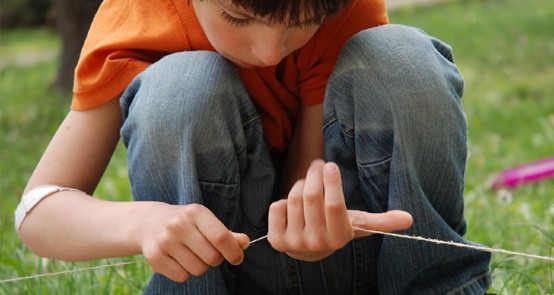The goal of our lab is to progress toward a better understanding of autism spectrum disorders, by investigating the brain bases of sensory processing differences and repetitive behaviors. Autism spectrum disorders are a group of neurodevelopmental disorders that affect communication and social interactions, and are characterized by restricted or repetitive patterns of behavior. Autism is estimated to affect 1 in 59 children, and has a profound impact on affected individuals and their families and communities.
We use a combination of behavioral and neuroscience methods to learn more about sensation, perception, emotion, and special interests in children and adults with autism. We also study infants who have a sibling with an autism spectrum disorder and thus are at a higher risk of developing autism. Our methods include functional magnetic resonance imaging (fMRI), diffusion tensor imaging (DTI), psychophysics, observational measures, and electroencephalography (EEG).
We hope that learning more about the interaction of sensory and emotional processes in the brain will provide important clues to the patterns of social difficulties and repetitive behaviors seen in autism.We’re grateful to the families and individuals who volunteer their time to our research studies, as well as to the following sources of funding:
- National Institute of Mental Health (NIMH)
- Autism Science Foundation
- Vanderbilt Clinical and Translational Research Center
- Autism Speaks
- International Society for Autism Research (INSAR) Innovation in Autism Research Award
- The Carrell Family Discovery Grant, awarded by the Nicholas Hobbs Society
- The Landreth Family Discovery Grant
- The Marino Autism Research Institute
